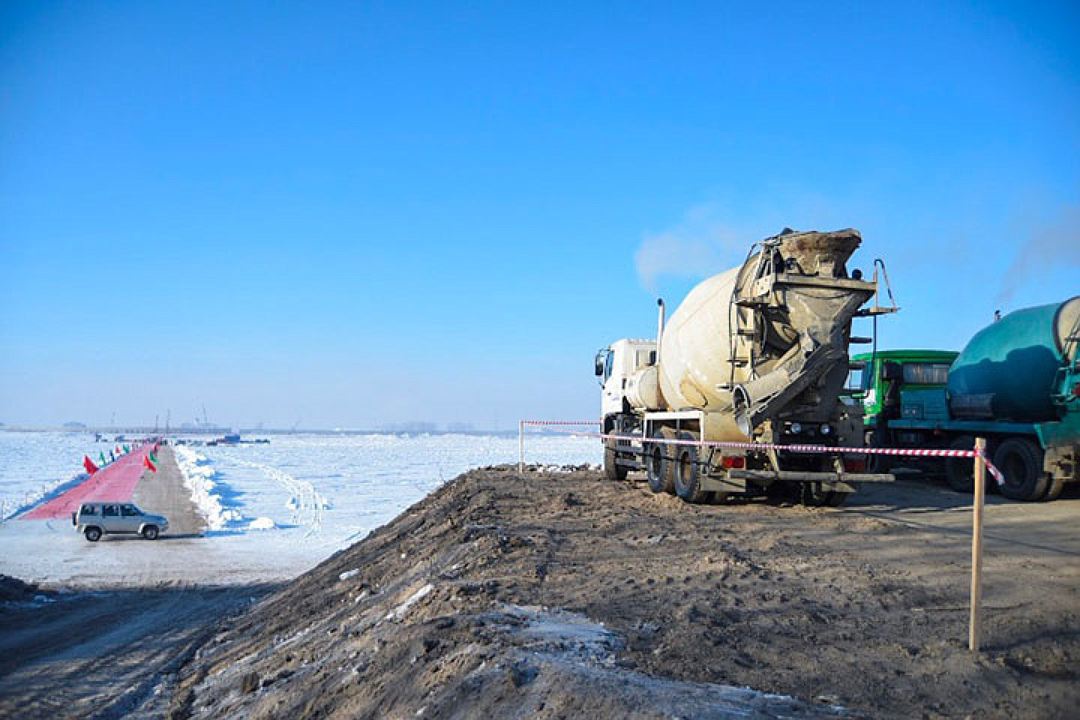China has warned Donald Trump that “co-operation is the only correct choice” after the US president-elect
to run a new White House trade policy office.
The appointment of Peter Navarro, a campaign adviser, to a formal White House post shocked Chinese officials and scholars who had hoped that Mr Trump would tone down his anti-Beijing rhetoric after assuming office.
Mr Navarro, a Harvard-trained economist and University of California Irvine professor, is the author of
Death by China and other books that paint the country as America’s most dangerous adversary.
“Chinese officials had hoped that, as a businessman, Trump would be open to negotiating deals,” said Zhu Ning, a finance professor at Tsinghua University in Beijing. “But they have been surprised by his decision to appoint such a hawk to a key post.”
Adding to rising tensions between the two countries, the US Office of the Trade Representative yesterday put Alibaba, China’s biggest e-commerce platform, back on its
of companies accused of being involved in peddling fake goods.
Hua Chunying, a Chinese foreign ministry spokesperson, said Beijing would monitor the policy positions of the incoming US administration. "As two major powers with broad mutual interests, co-operation is the only correct choice," she said on Thursday.
Speaking hours before the appointment of Mr Navarro, which was first reported by the Financial Times, China’s foreign minister Wang Yi told the People’s Daily, the ruling Communist party’s flagship newspaper, that China and the US faced "new, complicated and uncertain factors affecting bilateral relations". He said the world’s two largest economies must respect each other's "core interests".
Cui Fan at the China Society of WTO Studies, a think-tank affiliated with China’s commerce ministry, warned that
would respond to any unilateral action by the incoming Trump administration. “China is preparing itself for US trade actions,” he said. “China will respond with counteractions of its own.”
China has been scrambling to assess Mr Trump’s stance since he took a
from Taiwan president Tsai Ing-wen in early December, defying almost four decades of precedent. Under the “One China” policy, Washington has abstained from official interactions with the island, which Beijing regards as a “rogue province”.
Chinese diplomats have been setting up meetings with current and former US officials who focus on Asia to try to discern what
. But many US experts have little contact with the Trump transition team, which is run out of Trump Tower in New York, complicating efforts to glean meaningful intelligence.
The highest level contact between China and the Trump team came last week when Yang Jiechi, the top Chinese foreign policy official, met Michael Flynn, the incoming national security adviser, in New York. While much of the Asia team remains unknown, Mr Trump is considering Matthew Pottinger, a former US marine and Wall Street Journal correspondent in China, for the top Asia adviser role in the White House.
Mr Trump’s recent rhetoric about China has given Beijing even more cause for concern. Since the call with Ms Tsai, he has publicly criticised China’s currency policies and island fortifications in the South China Sea. He has questioned Washington’s commitment to the One China policy, and also angered Beijing by alleging at the weekend that a Chinese warship had “stolen” a US navy submarine drone, which was later returned.
Mr Wang told the People’s Daily: "We will lead the way amid a shake-up in global governance and take hold of the situation amid international chaos. We will protect our interests amid intense and complex games."
Last week, the US Federal Reserve raised interest rates and hinted at three more rises next year. The Fed move and expectations of tax cuts and infrastructure stimulus in the Trump administration are putting more
, which has been declining in value against the dollar as Chinese authorities struggle to contain capital flight.
He Weiwen, deputy director of the Center for China and Globalisation, added that Beijing could retaliate against US exports and restrict market access for US companies.

